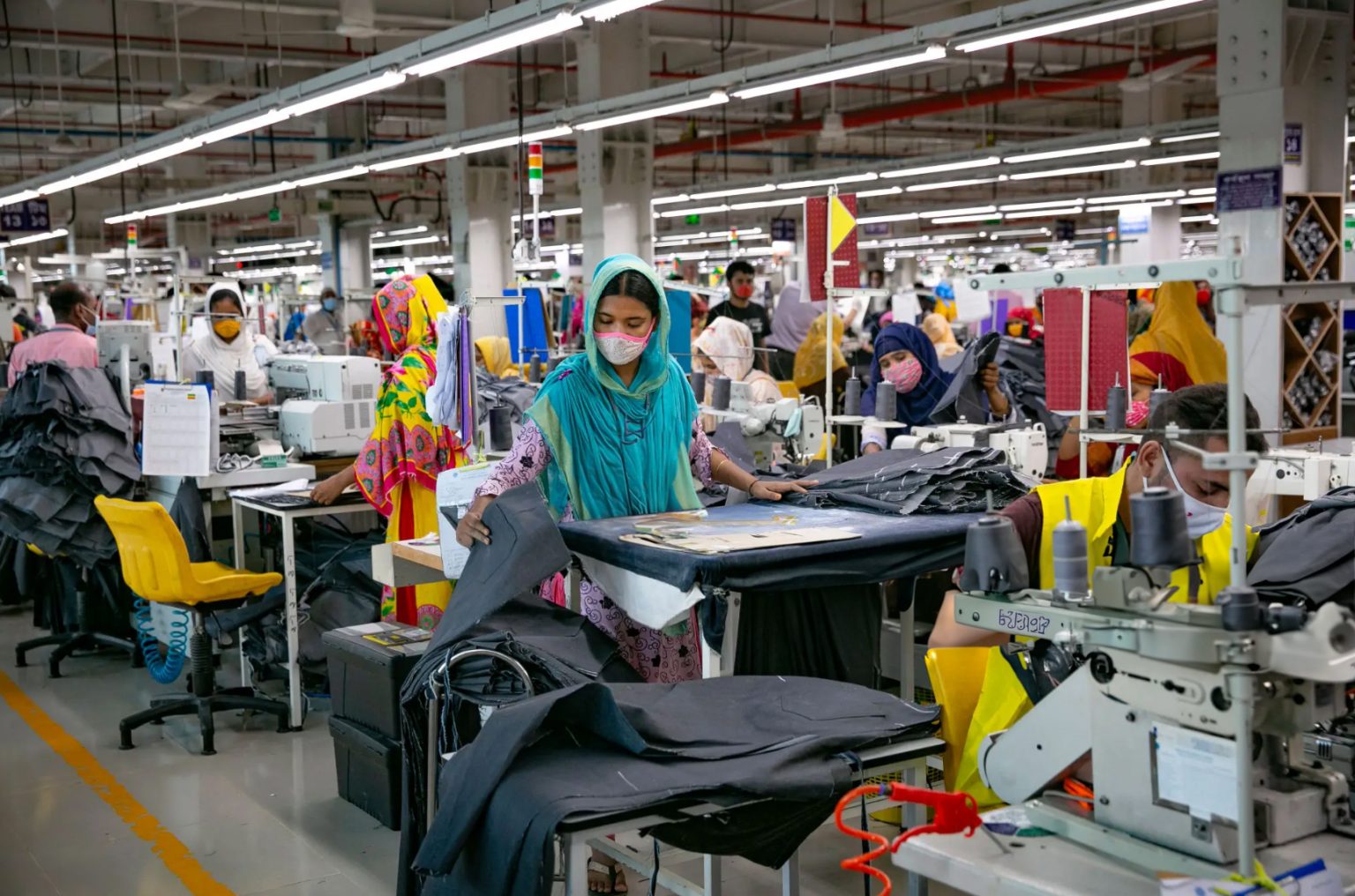Deadline extension for loan classification to six months from three could save over 500 garment factories from being labelled as defaulters, BGMEA President Mahmud Hasan Khan said on Thursday.
While meeting Special Assistant to the Chief Adviser Anisuzzaman Chowdhury at the Planning Ministry, Khan urged the government to ease pressure on the country’s largest export sector.
He said the recent move by Bangladesh Bank to reduce the repayment window from nine months to three was unrealistic for many struggling entrepreneurs.
Despite viable operations, many factory owners are unable to comply with the revised policy due to persistent cash flow constraints, Khan added.
The BGMEA delegation, including Vice Presidents Md Mizanur Rahman and Md Shehab Udduza Chowdhury, submitted a wide-ranging list of industry concerns to the interim government.
Chief among these were abrupt cuts to cash incentives, ongoing gas shortages, port inefficiencies, and procedural delays in renewing trade licences and import-export codes.
Khan criticised the decision to reduce export incentives—from 1 per cent to 0.3 per cent for regular support and from 4 per cent to 1.5 per cent for alternative schemes—as “untimely and counterproductive.”
He said such a move could erode the competitiveness of Bangladesh’s RMG exports at a time when global orders are already under pressure due to shifting market dynamics.
The appeal comes in the context of an 8.84 per cent year-on-year growth in RMG exports, which reached $39.35 billion in FY2024–25.
Industry insiders, however, caution that this figure conceals significant financial distress, especially among small and medium-sized factories.
Many units are struggling to pay wages, procure raw materials, or service loans under current cost structures and macroeconomic headwinds.
To address liquidity shortfalls, the BGMEA proposed extending the pre-shipment credit refinancing scheme through 2030.
The association also suggested the creation of a crisis fund linked to export earnings that could be tapped to disburse wages during emergencies or disruptions.
Energy supply issues received strong emphasis in the discussion, with BGMEA urging the government to expedite gas extraction from newly discovered fields in Bhola.
They also recommended increasing LNG imports to stabilise industrial gas supply in key manufacturing zones.
The delegation further proposed installing solar power systems on idle government land and water bodies through public-private partnerships to meet future energy needs sustainably.
Chattogram Port’s slow operations and customs delays were also flagged as key bottlenecks hampering timely shipments.
Finally, BGMEA renewed its longstanding demand for reviving the Garments Village project in Munshiganj and establishing a dedicated industrial zone for SME factories in Chattogram.
In response, Anisuzzaman Chowdhury acknowledged the concerns and assured the sector of continued support.


